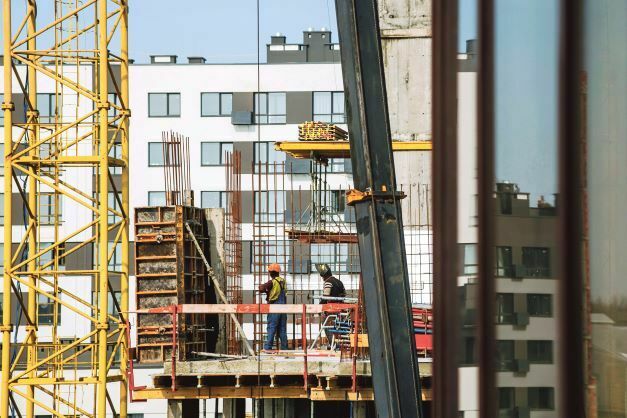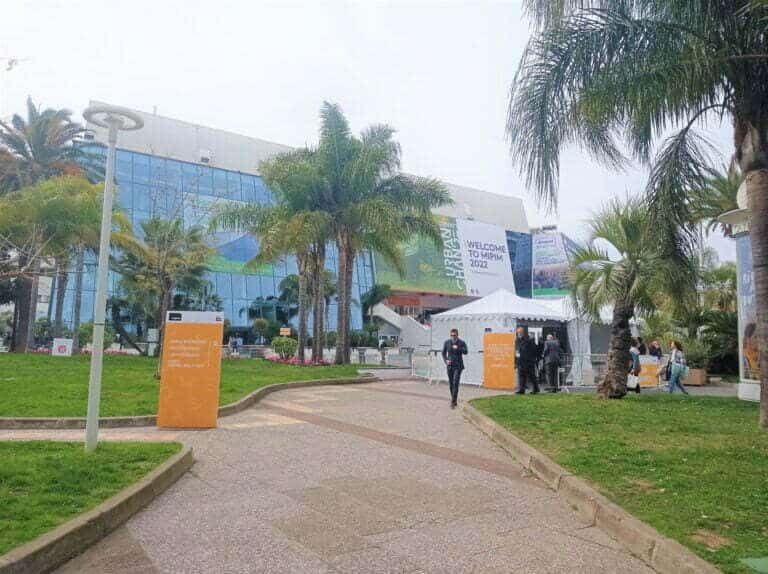Guide to the Polish Real Estate Market in 2023
Most sectors of the real estate market remain stable despite unfavorable external factors.
According to the latest EY report “Guide to the Polish real estate market 2023,” the war in Ukraine and the lingering economic effects of the pandemic have not shaken most sectors of the real estate market, with the exception of the residential segment. The total value of investments in Poland amounted to EUR 5.8 billion. At a time when the lower availability of mortgage loans caused by the increase in the base rate and higher inflation has held back the development of the residential market for individuals, the private institutional rental (PRS) sector has taken center stage as an alternative asset class, attracting 4% of investment volume.
Adjusting to an unfavorable reality
The Polish economy is in a relatively good condition, but some funds have adopted a wait-and-see attitude. Due to external market uncertainty, exceeding the volume of investments from 2021-2022 may prove to be a challenge in 2023.
In the office sector, the implementation of the hybrid work model is continued. Tenants’ expectations regarding lease conditions are also changing, becoming more flexible in terms of the size of the occupied space and contract duration. There is also a visible trend in terms of increased requirements regarding the standard and function of the space, ensuring comfort as well as occupational safety and security. Persistently high inflation results in an increase in rent indexation, as well as rising operating costs. This may also affect tenant demand.
There is a change in the structure of demand for retail space with an emphasis on convenience and diversity of the offer, hence the popularity of convenience facilities. High inflation also contributed to the increased popularity of shopping at discounters and outlets.
Investments in green solutions
ESG plays an important role in all sectors. With rising energy prices, property owners are expected to be more willing to invest in green solutions. Energy efficiency and reduced resource consumption reduce operational and maintenance expenses. Green buildings are more resistant to fluctuations in energy and utilities costs, which is of key importance in the current global energy crisis. ESG-compliant properties attract a wider pool of potential tenants, increasing demand and reducing the vacancy rate, as well as potential investors willing to pay a higher price for green assets.
The year 2022 brought significant changes to the Polish legal and tax system. The most significant of them include:
Construction Law – 2022 brought a continuation of the amendment to the Act with changes introduced successively until April 2023, aimed at optimizing the investment and construction process. Examples of changes include: extension of the catalog of buildings exempt from the obligation to obtain a building permit and the introduction of the Electronic Construction Journal for online recording of the progress of construction works and all accompanying activities.
Developer Act – from July 1, 2022, amendments came into force, in which the most important change is the creation of the Developer Guarantee Fund. This is to protect the funds paid by buyers. Developers are required to pay contributions to the Fund on each purchaser’s payment (maximum 2% for open residential escrow accounts and 0.2% for closed residential escrow accounts).
Tax depreciation – from 1 January 2023, taxpayers may not include depreciation write-offs on buildings and residential premises as tax costs. Restrictions on tax depreciation may also affect other types of real estate, depending on their recognition for accounting purposes.
Tax on shifted income – from 2022, a new tax on shifted income is imposed on Polish entities, which is 19% of the costs of the titles indicated in the act, incurred for foreign affiliates.
Challenges for the real estate market in 2023
Businesses face many extraordinary events, ranging from the cost of living crisis and inflation, to rising interest rates, the war in Ukraine and the multiple aftermath of the pandemic. Assessing the potential impacts on companies and how they are reflected in IFRS financial statements will be critical to financial reporting.
The coming year will offer many interesting opportunities in the real estate sector. It will also bring challenges related to the external situation and rapidly changing demand patterns. Flexibility and readiness will be the key to success. Adapting to new conditions, considering ESG as a priority and a holistic view of the sector is the way to success.
Source: EY Poland, The Polish Real Estate Guide 2023







